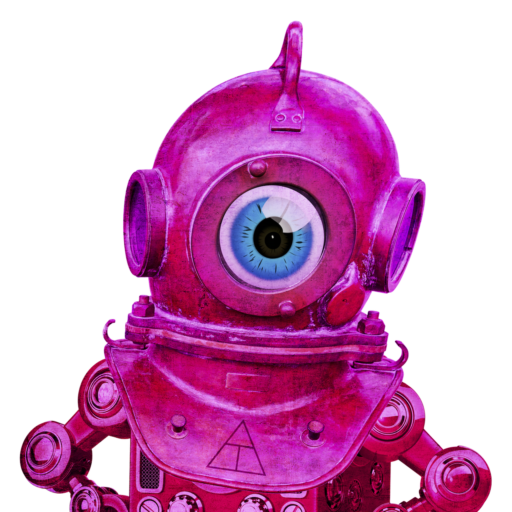All of the AI headlines talk about billions of parameters, tens to hundreds of GPUs and massive cloud applications. Our talk will hopefully be a nice diversification to the massive models in the news. We hope to inspire people to think again about how AI can be applied and make it feel like it is within reach, without all these massive resources that appear to be required nowadays. Our talk will be a down to earth, practical showcase of how we integrated AI in our platform over the last few years. We would like to showcase how we train and deploy hundreds of small AI models per year, for buildings individually. More specifically, we will talk about all of the following points in detail:
- How we allow users to configure their own AI models in our web platform (a building management system).
- How we have build our own training service that trains AI models based on these configurations in the cloud, and how we utilize GPU. This is build in Python with the standard packages torch, torch-lightning, sklearn, onnx, pandas, numpy. We will talk about which models we use and their size and costs to train them. – How we store our models and configuration, i.e. how does it technically look like with ONNX, blob storage, SQL and time series data.
- How we use the models on our edge devices. These are located in buildings locally, are based on a raspberry pi and hence have only CPU compute available. – How we use the models in background services. The models are used to make predictions about the building. These are periodic tasks.
How we use the models in the browser. We will talk about running ONNX in the browser. Finally we will talk about our philosophy about applying AI, how our end-to-end research to implementation process looks like, and how we plan to scale.
I am Bram de Wit, and I work as lead AI researcher and engineer. I build AI systems at ACS where we try to reduce the carbon footprint of buildings. I’d like to think that next to an AI engineer, I am also a good software engineer, and I love to geek out on the intersection between the two. Furthermore, I love pizza, python, vim, arch, the witcher and cycling.
